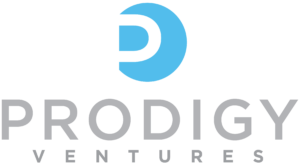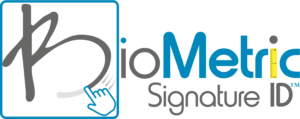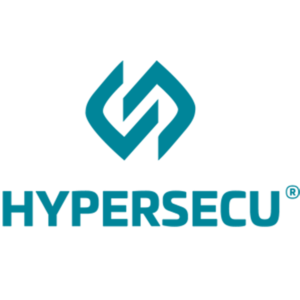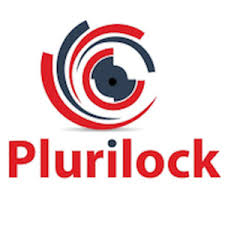Meet Ingenico
- What is the mission and vision of Ingenico?
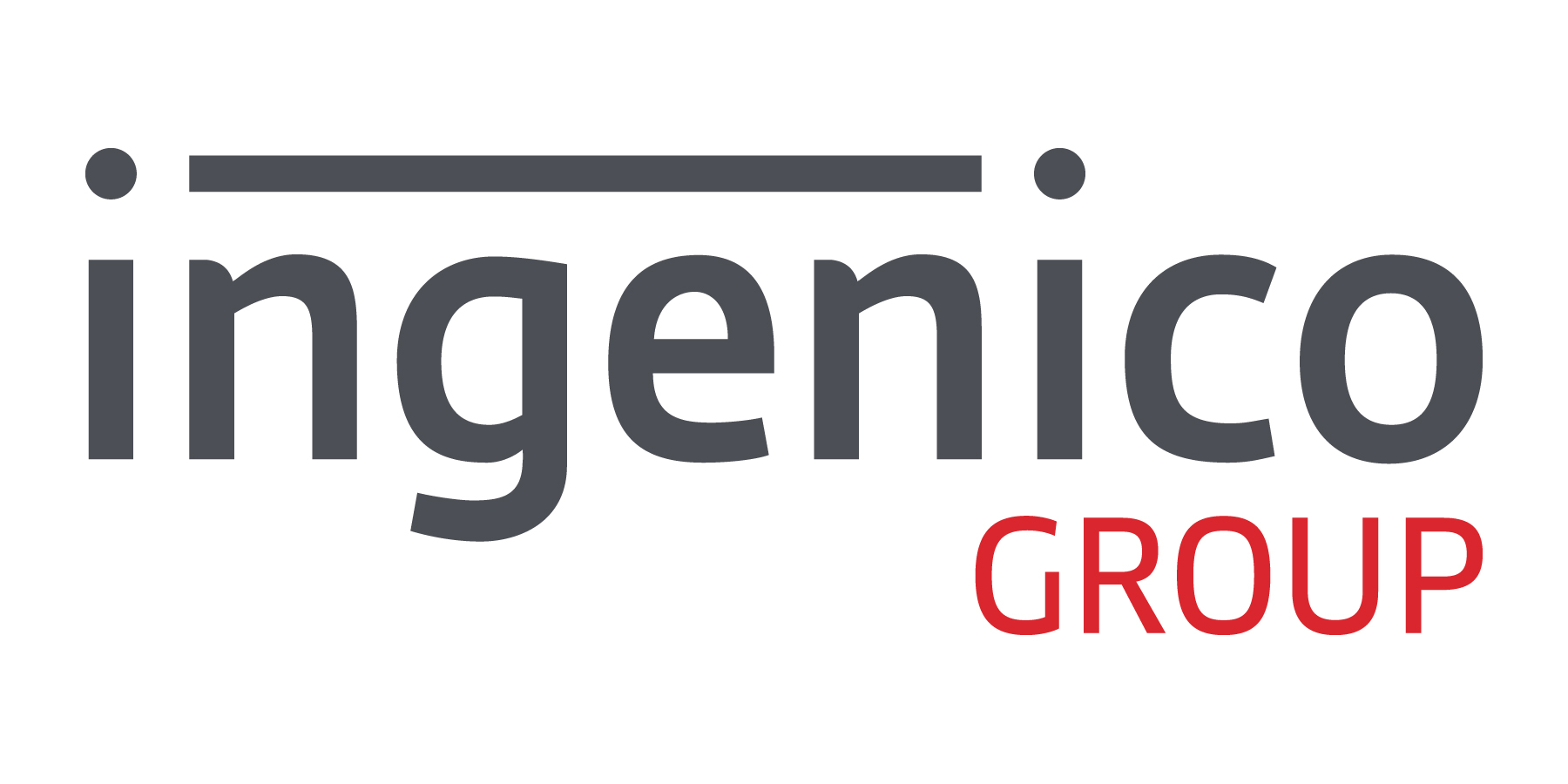
Ingenico’s mission is to bring the same level of security, privacy and trust to the identity market that is found in today’s payment industry. Ingenico envisions a future where a single point of interaction can enable both an identity confirmation and payment approval.
2. Why is trustworthy digital identity critical for existing and emerging markets?
A trustworthy digital identity is critical for all markets, both emerging and mature, as it provides a recognized authentication step in the path towards secure digital interactions between consumers and merchants.
Once trust between merchant and consumer is established, the resulting transactions are both seamless and personalized. Ecommerce, selling of controlled substances, home delivery and even loyalty can be enabled to a greater degree of sophistication once identity has been established.
3. How will digital identity transform the Canadian and global economy? How does Ingenico address challenges associated with this transformation?
A robust digital identity can transform the Canadian and global economy to the benefit of all. The most noticeable impact will be in reducing ecommerce fraud, identity theft and healthcare fraud. In addition, governments will not have to carry the cost burden associated with the creation and maintenance of expensive physical identity cards.
Ingenico is well positioned to be a leader during this transformation. Ingenico has already participated in the digitization of an entire industry as a key contributor during Canada’s move towards a cashless society. The experiences and lessons we learned through that process can help ease the transformation that digital identity will go through in the coming years.
4. What role does Canada have to play as a leader in the space?
Canada is well positioned to see the transformation of identity into a digital format. Canadians are digitally savvy, willing to accept new trends and have the necessary infrastructure in place to promote such a transformation. In fact, Canada is currently ranked the most cashless society in the world. This is a key indicator confirming that Canadians will quickly adopt additional digital transformations nationally. The existence of DIACC itself, with such diverse membership between public and private organizations, is a testament to the leadership Canada is providing the industry globally.
5. Why did Ingenico join the DIACC?
There are numerous synergies between the Identity and Payments industry. A fraudulent breach in either market automatically removes trust from the marketplace. If digital identity is not trusted, it will not be used.
It took decades for the payment industry to develop this consumer trust and we believe Ingenico can bring our experiences as a trusted point of interaction to the DIACC community.
DIACC is poised to shape the future of the identity industry in Canada and beyond. Ingenico wants to ensure that our expertise with both security and privacy, across a massive global footprint of trusted points of digital interaction, is shared with the membership.
6. What else should we know about Ingenico?
Ingenico has been a leader in the payment industry for more than 38 years, empowering commerce across any channel whether it is online, in-store or mobile. In Canada, Ingenico has a large majority of the Canadian terminal market share and an ever-growing share of the Canadian ecommerce market. Our secure points of interaction are used by Canadians every moment of every day and will be an ideal launch pad for digital identity usage.
Ingenico is also a major player in Identity in Europe. Ingenico’s Healthcare and eID vertical is already on its fourth generation of hardware supporting pharmacy, healthcare and secured public sector work stations in France and Germany. Our identity solutions, experience and expertise can help fast track DIACC’s mandate.




 documents and move into
documents and move into 